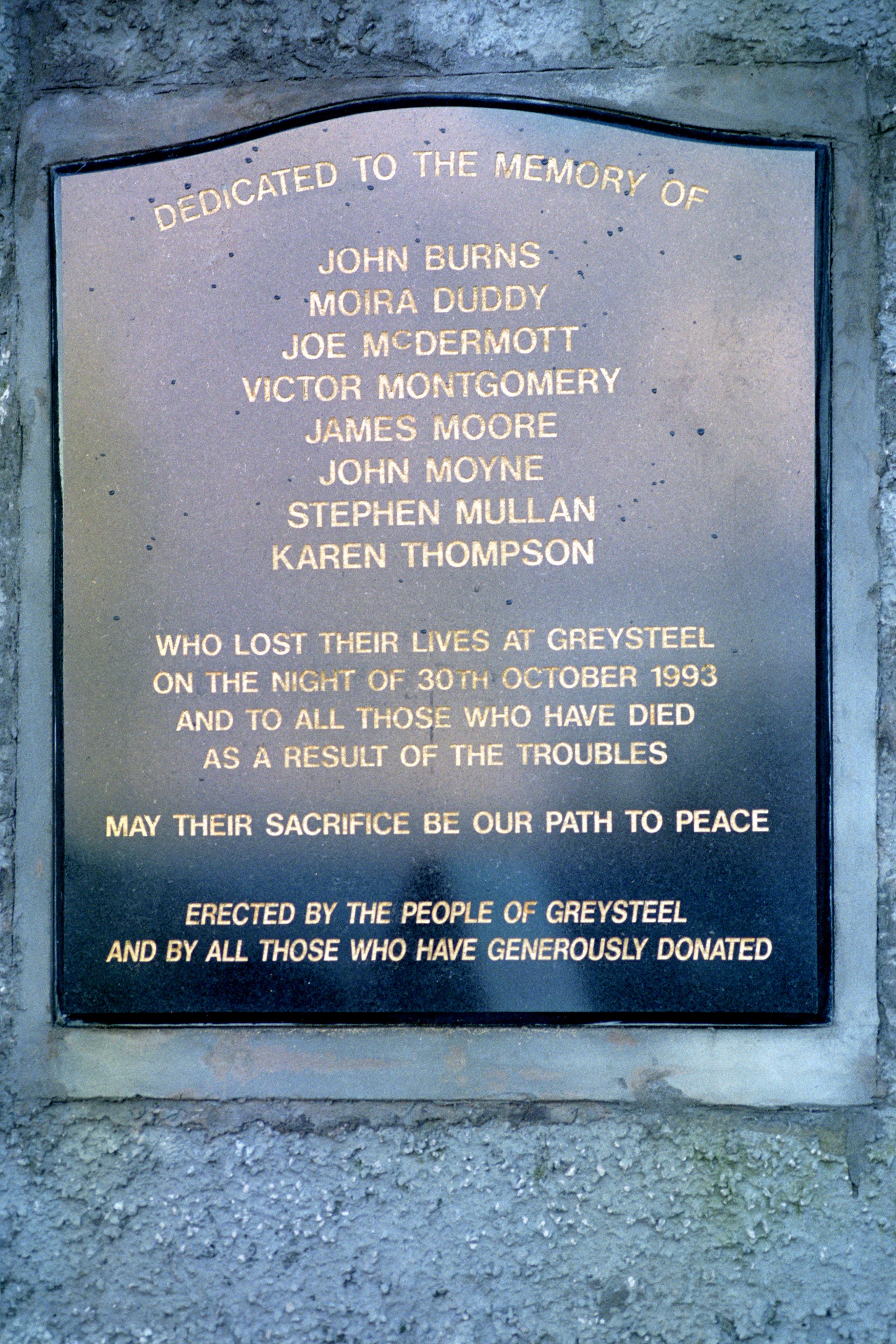Families say Ombudsman report vindicates claims of collusion in murders
The families of a number of murder victims whose cases were considered by the Police Ombudsman released a joint statement.

Your support helps us to tell the story
From reproductive rights to climate change to Big Tech, The Independent is on the ground when the story is developing. Whether it's investigating the financials of Elon Musk's pro-Trump PAC or producing our latest documentary, 'The A Word', which shines a light on the American women fighting for reproductive rights, we know how important it is to parse out the facts from the messaging.
At such a critical moment in US history, we need reporters on the ground. Your donation allows us to keep sending journalists to speak to both sides of the story.
The Independent is trusted by Americans across the entire political spectrum. And unlike many other quality news outlets, we choose not to lock Americans out of our reporting and analysis with paywalls. We believe quality journalism should be available to everyone, paid for by those who can afford it.
Your support makes all the difference.Families of victims who were murdered by the UDA/UFF have said a new Police Ombudsman report has vindicated their claims of collusion by RUC officers.
The report investigating a series of loyalist murders during the Troubles, including the Greysteel massacre in 1993, found evidence of collusive behaviour among some officers but said the Royal Ulster Constabulary had no prior knowledge of the attacks.
Marie Anderson’s report raised “significant concerns” about the conduct of the RUC in relation to 19 murders and multiple attempted murders carried out by the Ulster Defence Association (UDA) and the Ulster Freedom Fighters (the UFF was a cover name used by the UDA) between 1989 and 1993.
Concerns included RUC Special Branch’s use of informants that were themselves suspected of murder.
The families of a number of murder victims whose cases were considered by the ombudsman released a joint statement through the lobby group Relatives for Justice.
Irrefutable evidence of collusion has been provided to us
The statement is in the name of the families of Gerard Casey, Tom Donaghy, Bernard O’Hagan, Daniel Cassidy, Malachy Carey, Jimmy Kelly, Noel O’Kane James McKenna and John Moyne.
It said: “We stand vindicated in our persistent claims of collusion, in particular by the RUC and UDR, in the murders of our loved ones.
“Irrefutable evidence of collusion has been provided to us.”
It added: “This further vindicates our belief regarding the policy of collusion – the precise purpose of recruiting agents and informers was to carry out attacks and not to prevent such attacks.
“This infiltration strategy provided a greater risk to the public and outweighed any benefits, yet RUC Special Branch continued.”
“Today we remember our loved ones and pay tribute to them and everyone who stood with us in our quest for truth, justice and accountability.
“This report vindicates our long-held belief that collusion was a key factor in the murders of our loved ones and strengthens our resolve to seek full accountability.”
The family of Patrick Shanaghan, murdered in Co Tyrone in 1991, welcomed the report but criticised its limitations.
They expressed disappointment that aspects of their complaints relating to the actions of RUC officers prior to Mr Shanaghan’s murder could not be dealt with.
A family statement said: “What is most distressing for us was the blatant disregard the RUC had for Patrick’s life and the inexcusable refusal of police to allow medical assistance for Patrick after he was shot.
“As in life, Patrick was in death, denied the most basic of human rights.”
Gerard Casey was killed in Co Antrim in 1989.
His son Paul Casey said: “It is essential that in addition to the conduct of the RUC that there is a full examination of the role of the UDR in the targeting of my father.
“The ombudsman has found that the person suspected of passing on my father’s personal details was dismissed from that regiment yet neither the UDR or RUC Special Branch disseminated the information any further.”